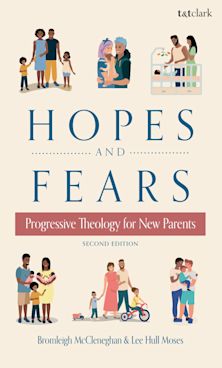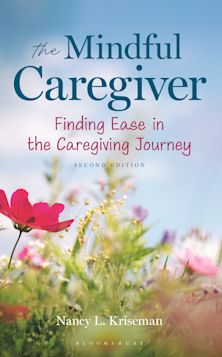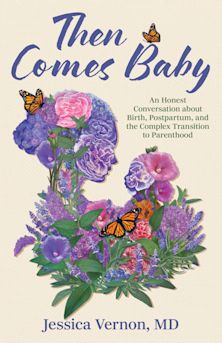The Handbook of Consensual Non-Monogamy
Affirming Mental Health Practice
- Textbook
The Handbook of Consensual Non-Monogamy
Affirming Mental Health Practice
- Textbook
This product is usually dispatched within 10 business days
- Delivery and returns info
-
Flat rate of $10.00 for shipping anywhere in Australia
Description
As the first comprehensive, intersectional examination of consensual non-monogamy, this handbook provides evidence-based research and practice across mental health disciplines on working with consensual non-monogamous (CNM) people and relationships. Leading experts in this emerging field provide counselor educators and practicing clinicians with the authoritative, essential information they need to serve a growing—yet frequently stigmatized—client population with affirmative, research-based, ethical care. Readers will learn basic information related to the development of their own unique relational information, acquire knowledge about CNM and CNM-focused communities, discern how identity, culture, and community impact intimacy and functioning, and take away practical recommendations, insights, and tools to promote CNM-affirming practice across settings, services and populations.
Table of Contents
1. Introduction: Towards CNM-Affirming, Anti-Oppressive Clinical Practice (Michelle D. Vaughan)
2. Living outside the BOX: Consensual Non-Monogamies, Intimacies and Communities Notes on Research and Terminology (Christian Klesse & Daniel Cardoso)
3. Stigma and Prejudice Endured by People Engaged in Consensual Non-monogamy (Amy Moors & Ashley Ramos)
4. Polyam Affect: Working with Emotions in CNM (River Farrell)
5. Stronger Together: CNM Resilience, Strengths, and Growth (Michelle D. Vaughan & Ryan G. Witherspoon)
Part 2. Within-Group Differences
6. Consensually Non-Monogamous Families and Their Children (Dena Abbott & Jessica Boyles)
7. Intersectionality in CNM Relationships (Apryl A. Alexander)
8. Disability & CNM relationships (Alex Iantaffi)
9. Queer(ing) Consensual Non-monogamies, Queering Therapy: Queer Intimacy, Kinship, and Experiences of CNM in LGBTQIA+ Lives (Christian Klesse, Leehee Rothschild, & Jaisie Walker)
Part 3: Specific Applications and Contexts
10. Creating a CNM-Affirming Mental Health Agency (Theodore R. Burnes & Alexandra Kropf)
11. Polysourcing: Anti-Oppressive CNM-Affirming clinical training in graduate mental health programs (Michelle D. Vaughan)
12. Ethical Clinical Practice with Consensual Non Monogamous Clients (Elizabeth A. Duke)
13. Developmental Approaches for Clinical Work with CNM Individuals (Cadyn Cathers & Stephanie M. Sullivan)
14. Social Class and Polyamory (Elizabeth Sheff & Hope Smith)
15. Polyperspectives on Anti-Oppressive CNM-Affirming Clinical Practice (Michelle D. Vaughan & Theodore R. Burnes)
Bibliography
Contributor Biographies
Product details
| Published | 15 Jul 2022 |
|---|---|
| Format | Paperback |
| Edition | 1st |
| Extent | 436 |
| ISBN | 9781538157138 |
| Imprint | Rowman & Littlefield |
| Illustrations | 3 b/w illustrations; 3 tables |
| Dimensions | 255 x 179 mm |
| Series | Diverse Sexualities, Genders, and Relationships |
| Publisher | Bloomsbury Publishing |



































